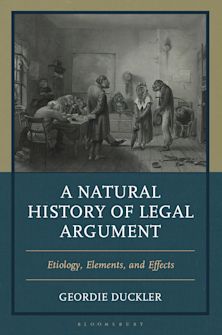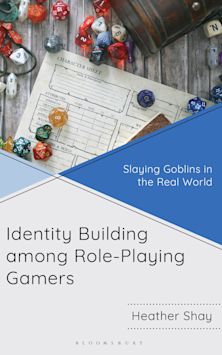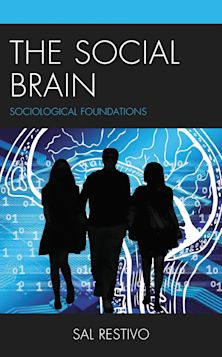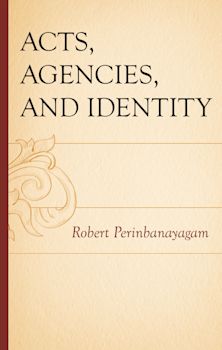- Home
- ACADEMIC
- Sociology
- Sociology - Other
- The New Psychoanalysis
This product is usually dispatched within 3 days
- Delivery and returns info
-
Free US delivery on orders $35 or over
Exam copy added to basket
Choose your preferred format. Please note ebook exam copies are fulfilled by VitalSource™.
You must sign in to add this item to your wishlist. Please sign in or create an account
Description
The New Psychoanalysis explores and explains important developments in psychoanalytic thought and practice since FreudOs death in 1939. Drawing on the experience of her many years of clinical work with patients, as well as research and teaching in the training institutes she directs, Phyllis W. Meadow offers convincing testimony of the power of the unconscious forces that drive our thinking, feeling, and behaving. She shows how the mind unfolds in the face of tensions native to the unconscious life and how psychoanalysis is applicable to the full range of emotional disorders. This highly accessible book is ideal for the therapist or psychologist, as well as the social theorist or general reader, who is concerned with the hold of aggression on the lives of human beings facing a world still as violent and destructive as it was in FreudOs day. The introduction, by Charles Lemert, provides a challenging essay on the connections between psychoanalytic and social theories.
Table of Contents
Chapter 3 The New Psychoanalysis
Chapter 4 Message from the It
Chapter 5 The Language of Emotion
Chapter 6 Creating Psychic Change
Chapter 7 Psychoanalysis in a Free Society
Product details
| Published | Oct 14 2003 |
|---|---|
| Format | Paperback |
| Edition | 1st |
| Extent | 160 |
| ISBN | 9780742528253 |
| Imprint | Rowman & Littlefield |
| Dimensions | 9 x 6 inches |
| Series | Legacies of Social Thought Series |
| Publisher | Bloomsbury Publishing |
About the contributors
Reviews
-
The New Psychoanalysis is a valuable contribution to the understanding of psychoanalytic theory, and recommended for readers of all degrees of interest in the field-students, writers, and analysts alike.
Anthony Elliott, director of the Centre for Critical Theory, Bristol, England; author of Psychoanalytic Theory
-
For once, the title of a book is fully living up to its promises. In this volume, Phyllis Meadow articulates the basic principles of an innovative psychoanalytic treatment model that is able to face the clinical challenges of the 21st century. Drawing on her long experience and her critical understanding of classical psychoanalytic theory, she demonstrates how contemporary clinicians may profit from an updated set of concepts and variously modified techniques, without losing the cutting edge of Freud's discoveries. In the course of her argument, she also engages with the most recent developments within psychoanalysis, including the work of notoriously difficult authors such as Lacan. In light of its aspirations, breadth of coverage, and clinical scope, this book constitutes the first major event for psychoanalysis in this new millennium.
Dany Nobus, Brunel University
-
Phyllis Meadow's The New Psychoanalysis is one of the surest guides to the vast social as well as clinical implications of the dual drive theory of Freud's mature years. This book is one of the most readable resources there are to clinical work and the psychoanalytic process.
Charles Lemert, University Professor of Social Theory, Emeritus, Wesleyan University



































